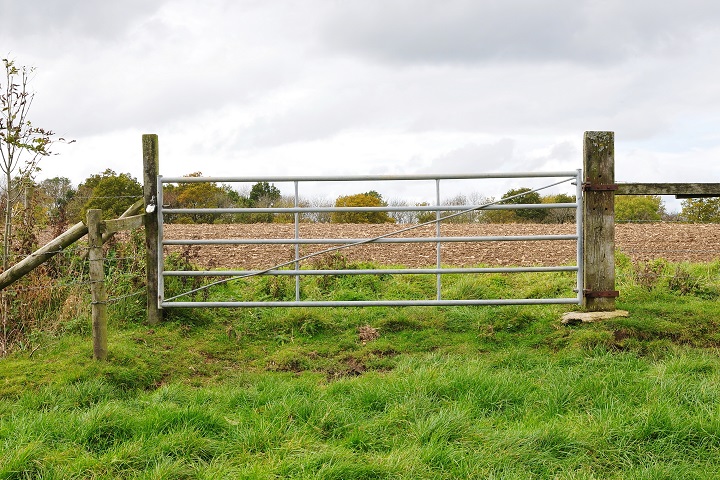 Securing your farm and keeping your livestock safe is a top priority for any farmer or rancher. A crucial part of this security is the humble farm gate. It’s more than just an entrance; it’s a safeguard for your assets, a gateway to efficiency, and a symbol of the care you put into your land. Choosing the right fence gate is an investment that can save you time, money, and stress in the long run. Know the key considerations for selecting the perfect farm fence gate for your needs.
Securing your farm and keeping your livestock safe is a top priority for any farmer or rancher. A crucial part of this security is the humble farm gate. It’s more than just an entrance; it’s a safeguard for your assets, a gateway to efficiency, and a symbol of the care you put into your land. Choosing the right fence gate is an investment that can save you time, money, and stress in the long run. Know the key considerations for selecting the perfect farm fence gate for your needs.
The Importance of Choosing the Right Farm Fence Gate
Farm fence gates serve as more than just entry and exit points; they are vital components that safeguard your property and facilitate smooth operations. The ideal gate should be durable enough to withstand the elements, resist tampering, and provide a secure enclosure for your livestock or other assets. Additionally, it should be easy to operate and accommodate the passage of people, equipment, and animals.
Why Steel Farm Gates Are a Superior Choice
While various materials are available for farm fence gates, metal gates, particularly those made of steel, offer distinct advantages that make them a preferred choice for many farmers and ranchers.
- Durability and Longevity: Steel farm fence gates, especially those constructed from 16-gauge tubing, are renowned for their strength and resilience. They can withstand harsh weather conditions, resist impact, and maintain their structural integrity over time.
- Security: Steel farm fence gates provide a robust barrier that deters unauthorized access and protects against potential intrusions. They can be equipped with various locking mechanisms for added security.
- Versatility: Steel farm fence gates are available in a wide range of sizes, from 4 to 16 feet or more, making them suitable for various livestock and equipment. They can also be customized with different mesh sizes to accommodate different animal breeds.
- Low Maintenance: Steel farm fence gates require minimal upkeep. They are resistant to rot, decay, and pest damage, which reduces the need for frequent repairs or replacements.
Factors to Consider When Choosing a Farm Fence Gate
- Livestock Type and Size: The size and breed of your animals will determine the required gate width and height. Larger animals, such as cattle, may need wider gates to prevent overcrowding and injuries during movement. Smaller animals like goats may require gates with no-climb wire or smaller mesh to prevent escapes.
- Gate Placement: Strategic gate placement is essential for efficient operations. Consider the flow of traffic, the location of livestock pens or pastures, and the accessibility of different areas of your property.
- Gate Hardware: Choose the appropriate gate latches and hinges to ensure smooth operation and security. Options range from simple chains to more sophisticated locking mechanisms like two-way slam latches or double-gate knife latches.
- Future Needs: Anticipate any potential changes in your farming operations, such as acquiring larger equipment or expanding livestock numbers. Choosing a gate that can accommodate future needs can save you time and money in the long run.
Installing and Maintaining Your Farm Fence Gate
Proper installation is crucial for the longevity and effectiveness of your farm fence gate. Ensure the gate is securely anchored to sturdy posts and that the hinges and latches are correctly aligned. Regular inspections and maintenance can help identify and address any issues before they become major problems.
Secure Your Farm’s Future
Safeguard your livestock and property with International Pipe’s high-quality steel farm fence gates, built to withstand the harshest conditions. Explore our range of customizable options to find the perfect fit for your farm’s unique needs.
